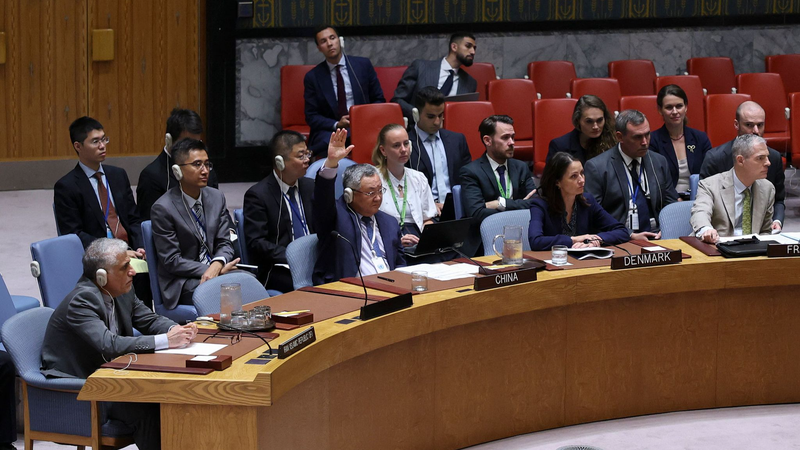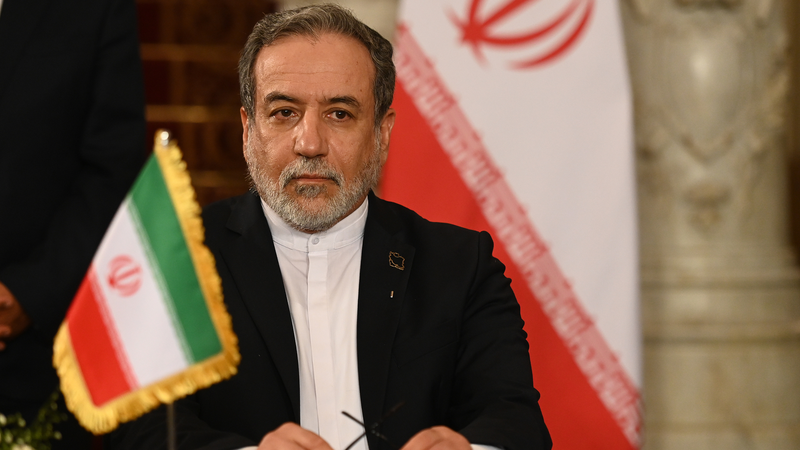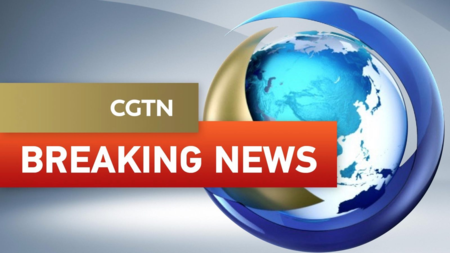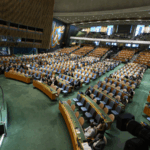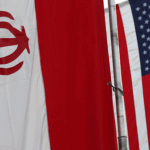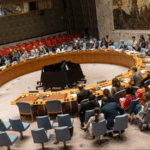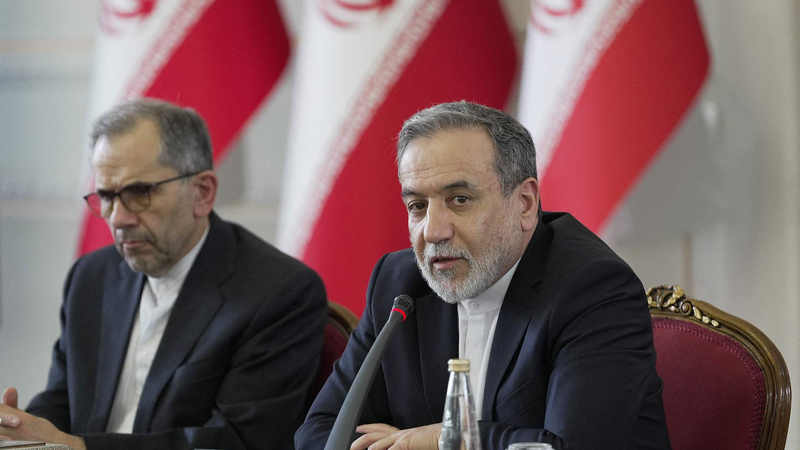The UN Security Council failed to pass a resolution extending sanctions relief for Iran under the 2015 nuclear deal on Friday, deepening uncertainty about the future of international diplomacy in the Middle East. The rejected draft resolution – proposed by the Republic of Korea as Council president – received only four votes in favor, with nine members opposing and two abstaining.
Snapback Mechanism Looms
The decision leaves open the possibility of a "snapback" of pre-2015 UN sanctions against Iran, a provision embedded in the Joint Comprehensive Plan of Action (JCPOA). Britain, France, and Germany (E3) triggered this process on August 28 by alleging Iranian non-compliance, bypassing the JCPOA's mandatory 35-day Dispute Resolution Mechanism (DRM). Legal experts question the validity of this move, as the DRM remains unused.
Diplomatic Alternatives Proposed
China and Russia introduced a separate draft resolution seeking a six-month extension to preserve diplomatic channels. "This approach prioritizes dialogue over confrontation," stated a Security Council delegate familiar with the proposal. However, the initiative gained limited traction, with only Algeria and Pakistan joining as supporters.
Global Implications
The deadlock occurs as Resolution 2231 – the legal foundation of the JCPOA – approaches its October 2025 expiration. Analysts warn the Council's inability to reach consensus could destabilize nonproliferation efforts and impact energy markets. Business leaders are monitoring potential ripple effects on Middle East supply chains, while academics emphasize the precedent-setting nature of bypassing multilateral dispute mechanisms.
Reference(s):
cgtn.com
